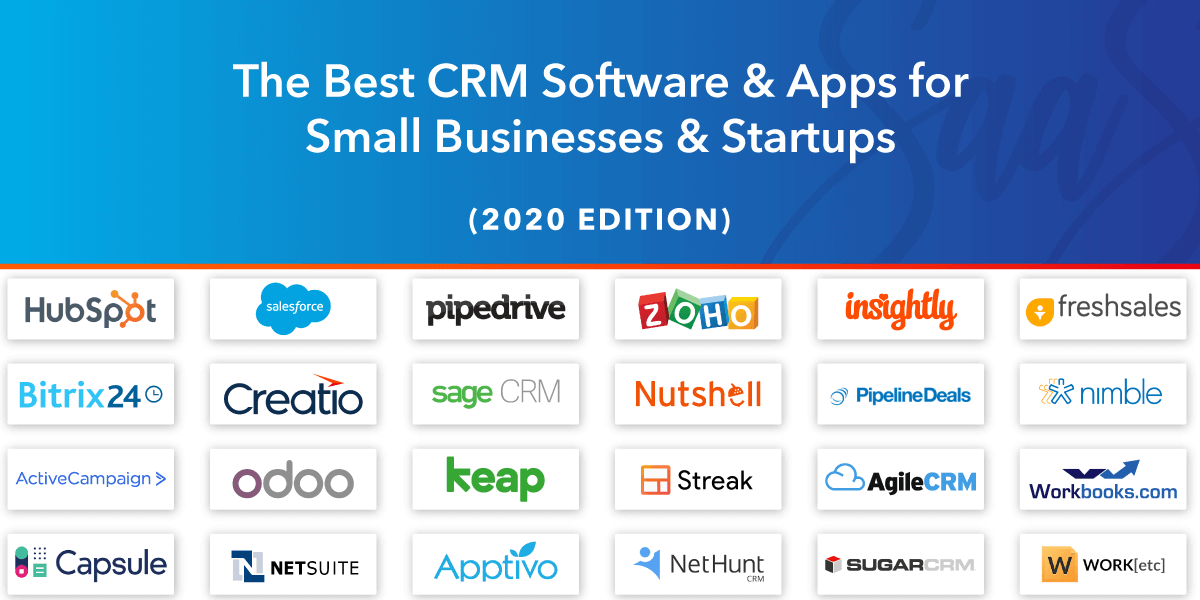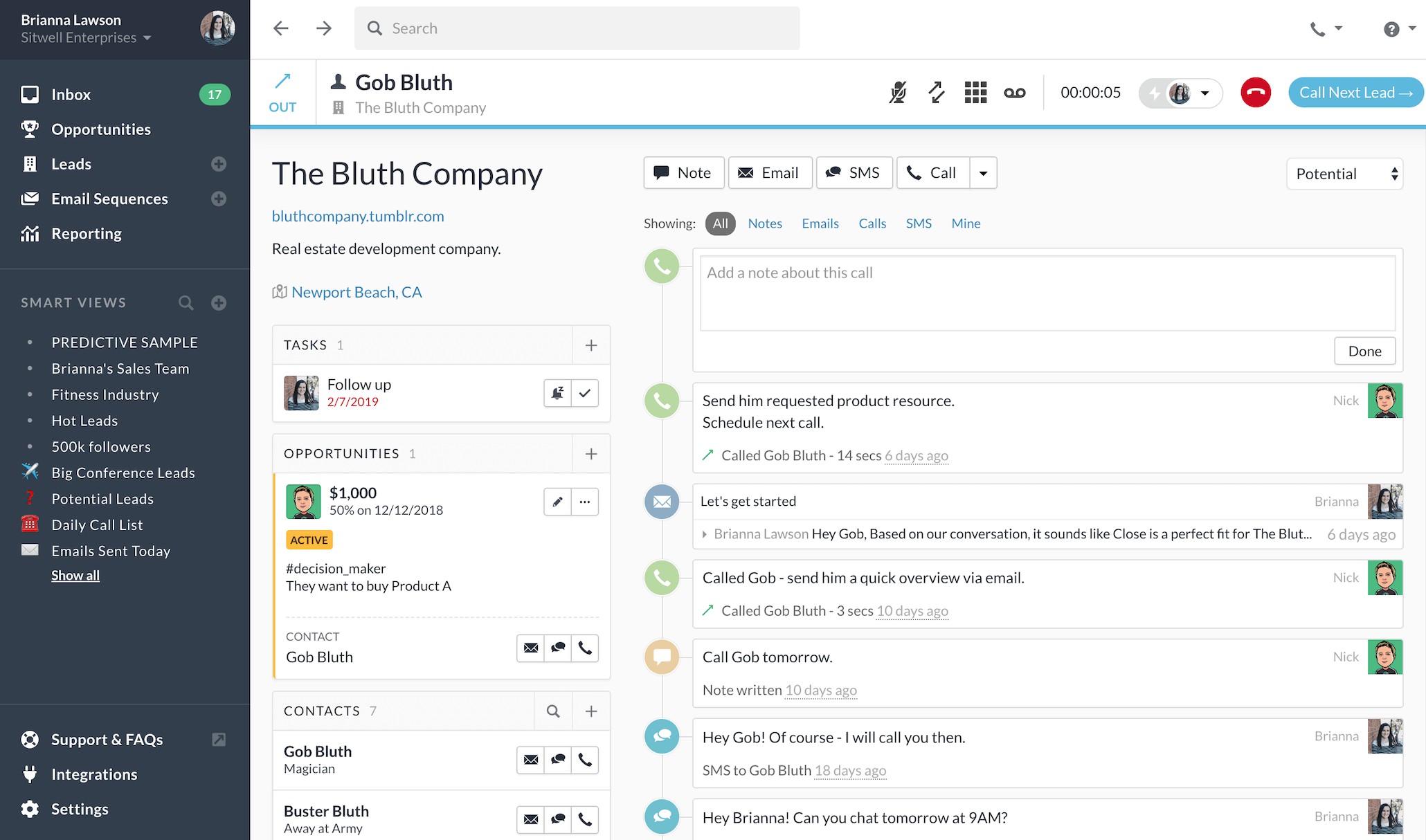In the fiercely competitive landscape of today’s business world, small businesses need every advantage they can get. One powerful tool that can help them level the playing field is a customer relationship management (CRM) program. CRM programs for small businesses offer a range of benefits that can streamline operations, improve customer service, and provide valuable insights into customer behavior.
This comprehensive guide will delve into the key features, implementation strategies, and return on investment (ROI) of CRM programs for small businesses. We will also explore emerging trends in CRM technology and provide answers to frequently asked questions.
Return on Investment (ROI) of CRM Programs

CRM programs offer a positive return on investment (ROI) for small businesses. They can help businesses increase sales, improve customer retention, and reduce costs.
Increased Sales
CRM programs can help businesses increase sales by providing them with a better understanding of their customers. Businesses can use CRM programs to track customer interactions, preferences, and purchase history. This information can be used to create targeted marketing campaigns that are more likely to convert leads into customers.
Improved Customer Retention
CRM programs can help businesses improve customer retention by providing them with the tools they need to build strong relationships with their customers. Businesses can use CRM programs to track customer interactions, resolve customer issues, and provide personalized service. This can help businesses build loyalty and keep customers coming back.
Reduced Costs
CRM programs can help businesses reduce costs by automating tasks and improving efficiency. Businesses can use CRM programs to automate tasks such as lead generation, email marketing, and customer service. This can free up employees to focus on other tasks that can help the business grow.
Case Study
A small business that implemented a CRM program saw a 15% increase in sales, a 10% improvement in customer retention, and a 5% reduction in costs. The business attributed these improvements to the CRM program’s ability to provide them with a better understanding of their customers, build stronger relationships with their customers, and automate tasks.
Emerging Trends in CRM Programs for Small Businesses

The CRM landscape is constantly evolving, and small businesses need to stay up-to-date on the latest trends to remain competitive. These trends can help small businesses improve their operations and customer relationships, leading to increased sales and profitability.
Cloud-Based CRM
Cloud-based CRM programs are becoming increasingly popular for small businesses. These programs are hosted on the internet, so businesses can access them from anywhere with an internet connection. This makes it easy for small businesses to manage their customer relationships on the go, which can be a major advantage in today’s competitive business environment.
Mobile CRM
Mobile CRM programs are designed to be used on smartphones and tablets. This makes it easy for small businesses to manage their customer relationships while they’re on the go. Mobile CRM programs can help small businesses improve their customer service, sales, and marketing efforts.
Social CRM, Crm programs for small business
Social CRM programs help small businesses manage their customer relationships across multiple social media channels. This can help small businesses build stronger relationships with their customers, increase brand awareness, and generate leads.
Artificial Intelligence (AI)
AI is being used in CRM programs to automate tasks, improve customer service, and make better decisions. AI-powered CRM programs can help small businesses save time and money, while also improving their customer relationships.
Final Review

By implementing a CRM program tailored to their specific needs, small businesses can unlock a wealth of benefits that will help them grow and succeed in the digital age. With the right CRM program in place, small businesses can streamline their operations, improve customer service, gain valuable insights, and ultimately drive profitability.
Questions and Answers
What are the key benefits of CRM programs for small businesses?
CRM programs for small businesses offer a range of benefits, including streamlined operations, improved customer service, and valuable insights into customer behavior.
What are some of the essential features to look for in a CRM program?
Essential features to consider include contact management, sales tracking, marketing automation, and reporting and analytics.
How can small businesses ensure successful implementation of a CRM program?
Successful implementation involves planning, data migration, training, and ongoing support.
